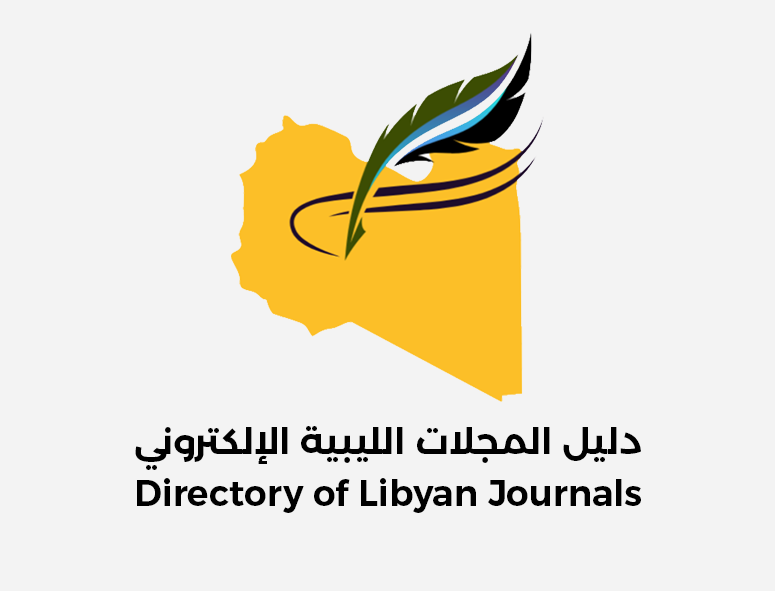The role of the media in promoting national reconciliation in Libya After 2011
Keywords:
media - mass media - national reconciliationAbstract
The media is considered one of the basic tools in the national reconciliation process, especially in countries that have witnessed armed conflicts and social divisions, such as Libya. In this research, the role of the media in promoting national reconciliation in Libya after years of conflict was studied. The problem of this study revolves around answering the following main question: What is the role and reality of the media in promoting and supporting national reconciliation in Libya?
This study was also built on a main hypothesis that says (Despite the role that the media can play in national reconciliation and consolidating the culture of reconciliation and tolerance, there are some difficulties and challenges that prevent reaching comprehensive satisfaction for all parties. To answer the study’s questions and achieve its objectives, the study relies on On the descriptive and analytical approach: by describing the Libyan situation, the deteriorating political and security situation, and its impact on media policies Which seeks to promote reconciliation. The study also relies on this approach to analyze the real reasons behind these situations, by collecting facts and data, classifying them, and analyzing them in a sufficient and accurate manner to gather evidence and information to draw conclusions. of the phenomenon or topic under study.
The results showed that the media can be an effective tool in spreading a culture of peace and tolerance through its balanced coverage of events and hosting dialogue programs that reflect the opinions and aspirations of various political and social parties. It has also been shown that the media has a major role in stimulating reconciliation efforts, by highlighting humanitarian issues and local reconciliation successes.
However, the Libyan media faces several challenges, most notably weak independence, the spread of false news, and the influence of political forces on the media, which hinders its ability to perform its role effectively. There is also a lack of professional training for journalists on national reconciliation issues.
Through this study, a set of recommendations were reached, the most important of which is the need to strengthen the independence of the media, develop laws that regulate the work of the media in a way that protects its freedom and ensures its integrity, in addition to providing training programs for journalists on how to address issues of reconciliation and avoid incitement or spreading hate speech. The situation also requires support for local and community media to have a greater role in promoting a culture of reconciliation among citizens.

Downloads
Published
How to Cite
Issue
Section
License
Copyright (c) 2024 University of Zawia Journal of Economic Sciences

This work is licensed under a Creative Commons Attribution 4.0 International License.








 55240080273&rtpof=true&sd=true
55240080273&rtpof=true&sd=true

